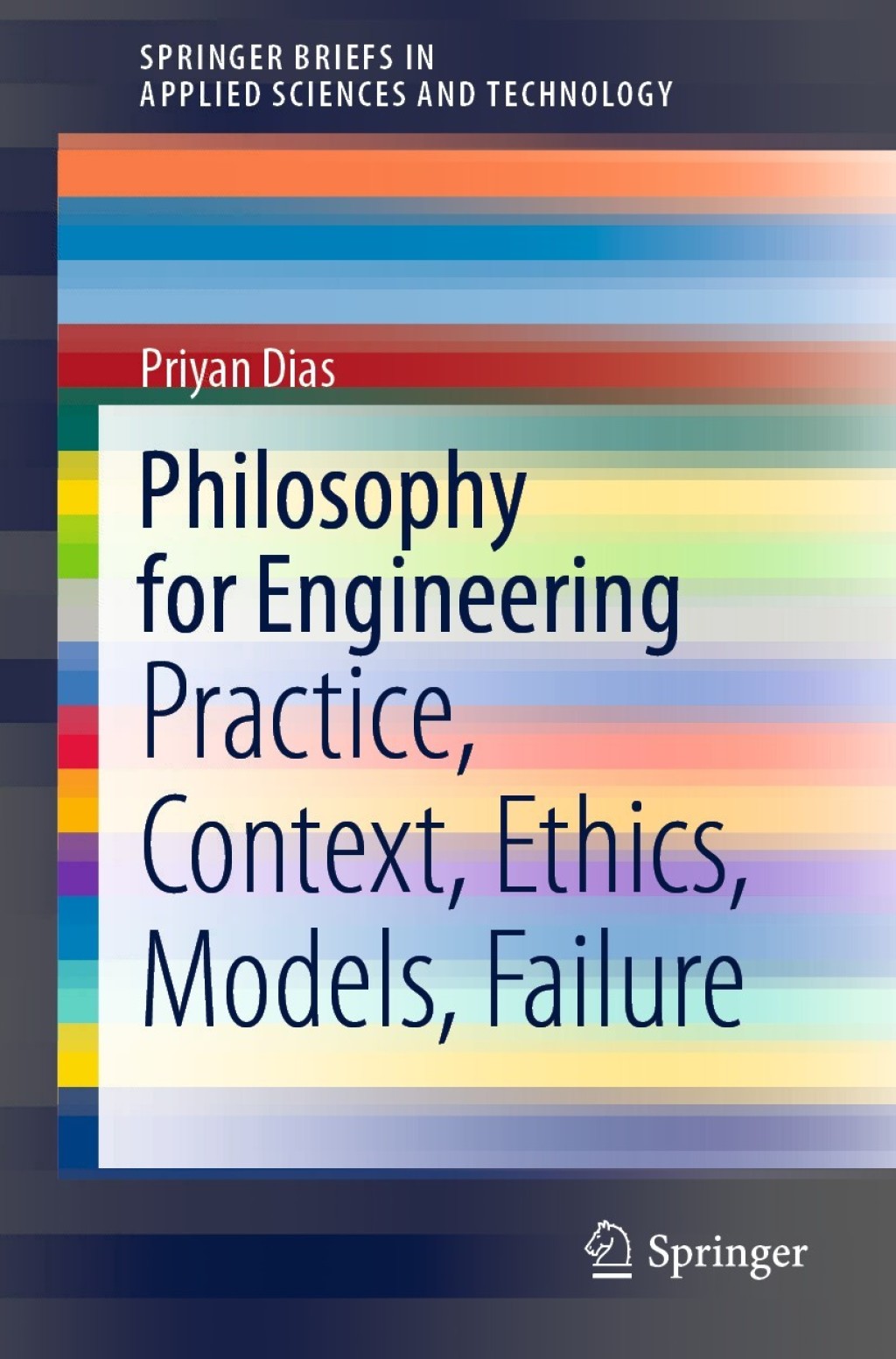This book highlights the unique need for philosophy among engineers, which stems from issues regarding their knowledge (epistemology), role or being (ontology) and influence (ethics). It discusses practice, context, ethics, models and failure as key aspects of engineering, and provides an easy but essential introduction to philosophy for engineers by presenting four key philosophers and linking them to these aspects: Karl Popper (failure), Thomas Kuhn (models), Michael Polanyi (practice & ethics) and Martin Heidegger (context & ethics). Popper, Kuhn and Polanyi are philosophers of science (epistemologists) who have challenged the view that science is a ‘cool, detached’ discipline, since it also depends on human imagination (Popper), consensus (Kuhn) and judgment plus artistry (Polanyi); factors that are central to engineering. Heidegger (an ontologist) critiqued technology on the one hand (ethics), but also stressed the importance of ‘doing’ over ‘knowing,’ thus ‘authenticating’ the highly pragmatic engineering profession. Science is the ‘core’ component of engineering, which is overlaid by a variety of heuristics . Practice-based knowledge can be formalized, with artificial intelligence (AI) offering a valuable tool for engineering, just as mathematics has done for science. The book also examines systems thinking in engineering. Featuring numerous diagrams, tables and examples throughout, the book is easily accessible to engineers.
Philosophy for Engineering Practice, Context, Ethics, Models, Failure
Author(s): Priyan Dias
Publisher: Springer
ISBN: 9789811512704
Edition:
$39,99
Delivery: This can be downloaded Immediately after purchasing.
Version: Only PDF Version.
Compatible Devices: Can be read on any device (Kindle, NOOK, Android/IOS devices, Windows, MAC)
Quality: High Quality. No missing contents. Printable
Recommended Software: Check here










